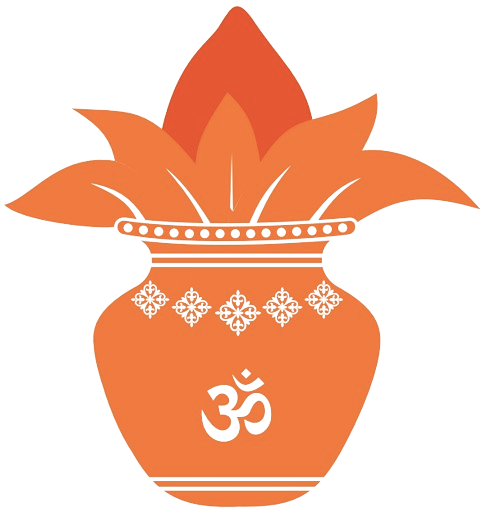

Age-Old Remedy, Contemporary Resolution: Addressing Acne Through Ashwagandha
Similar Articles
-

The Comprehensive Guide to the Vata Diet
Understanding the Vata Dosha In the realm of Ayurveda, comprehen...
-

6 Simple and Effortless Ways to Detoxify Essential Areas
6 Effortless Ways to Detoxify Essential Areas Detoxification, a ...
-

Can Ghee Increase Cholesterol Levels?
Is Ghee Responsible for Raising Cholesterol Levels? Ghee, also...
-

Discover the Benefits of Consuming Ashwagandha with Milk
Understanding the Age-Old Tradition: Harnessing the Power of Ashw...
-

Ayurvedic Advantages of Hibiscus for Skin and Hair
Ayurvedic Insights into Hibiscus Hibiscus holds a revered stat...
-

What Are the Advantages of Turmeric for Skin Prone to Acne?
About Acne Acne is a dermatological condition characterized by...
-

10 Remarkably Simple Yoga Poses for Alleviating Stress and Anxiety
Yoga for Alleviating Anxiety Yoga, which translates to "union,...
-

Ayurveda And Acid Reflux – Strategies for Acid Reflux Management
Acid reflux, a common digestive disorder, can be effectively manage...
